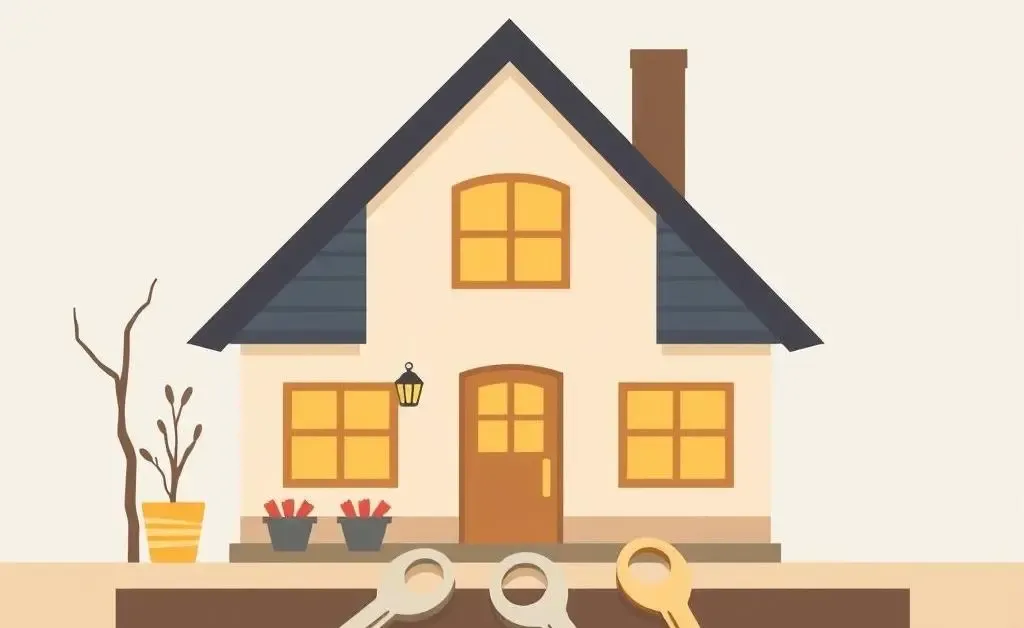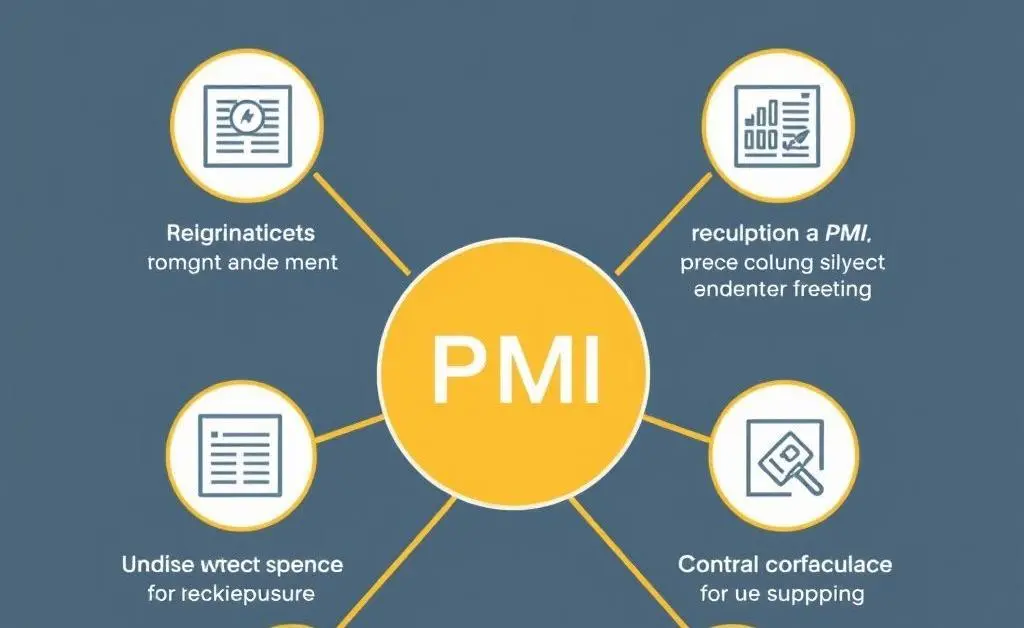Understanding PMI: A Simple Guide to Saving on Your Home Loan
Learn how to navigate PMI, its impact on your mortgage, and smart strategies to avoid it.

Ever wondered what PMI stands for and why it's etched onto the fine print of your mortgage? Let's dive into the world of Private Mortgage Insurance and figure out how you can avoid it.
What Exactly is PMI?
Private Mortgage Insurance, or PMI, is like that raincoat you carry around 'just in case' — only this time, it's for your lender's benefit. If you've ever put down less than 20% on a home, there's a good chance a PMI charge follows suit. It's essentially a safety net for banks, ensuring they still get paid if the stormy weather of default rolls in. While some may see it as a necessary evil, there are ways around it!

How Does PMI Affect Your Mortgage?
PMI can add between 0.3% to 1.5% of the original loan amount per year to your mortgage payments. That might not sound like much, but over time, it adds up. Let’s take Jake’s story as an example. Jake, excited for his first home, was all set to close the deal. He’d put down 15% using some hard-earned savings, only to find PMI sneaking into his monthly outlay. Over the years, he realized those monthly PMI payments could have funded the road trip he'd always dreamed of.

Smart Strategies to Sidestep PMI
Here’s the good news: avoiding PMI isn’t an impossible dream. Consider these options:
- Save for a 20% Down Payment: Perhaps the most straightforward way to dodge PMI is by waiting until you can put down at least 20% of the home's value. It's a sizeable chunk, but with some strategic planning, it’s achievable.
- Look into Piggyback Loans: Also called an 80-10-10 loan, this means taking out a second loan to cover the portion up to 20%.
- FHA Loans: While they sometimes charge their own insurance, they can be cheaper or avoid the traditional PMI.

Is PMI Ever Worth It?
In some cases, striding ahead with PMI is actually beneficial. If property prices are rising and you want to jump into the market sooner rather than later, it might make sense. Ultimately, it’s about crunching numbers and understanding your own financial comfort zone.
Are you planning to buy a home soon? What's your strategy for battling PMI? I'd love to hear your thoughts!




